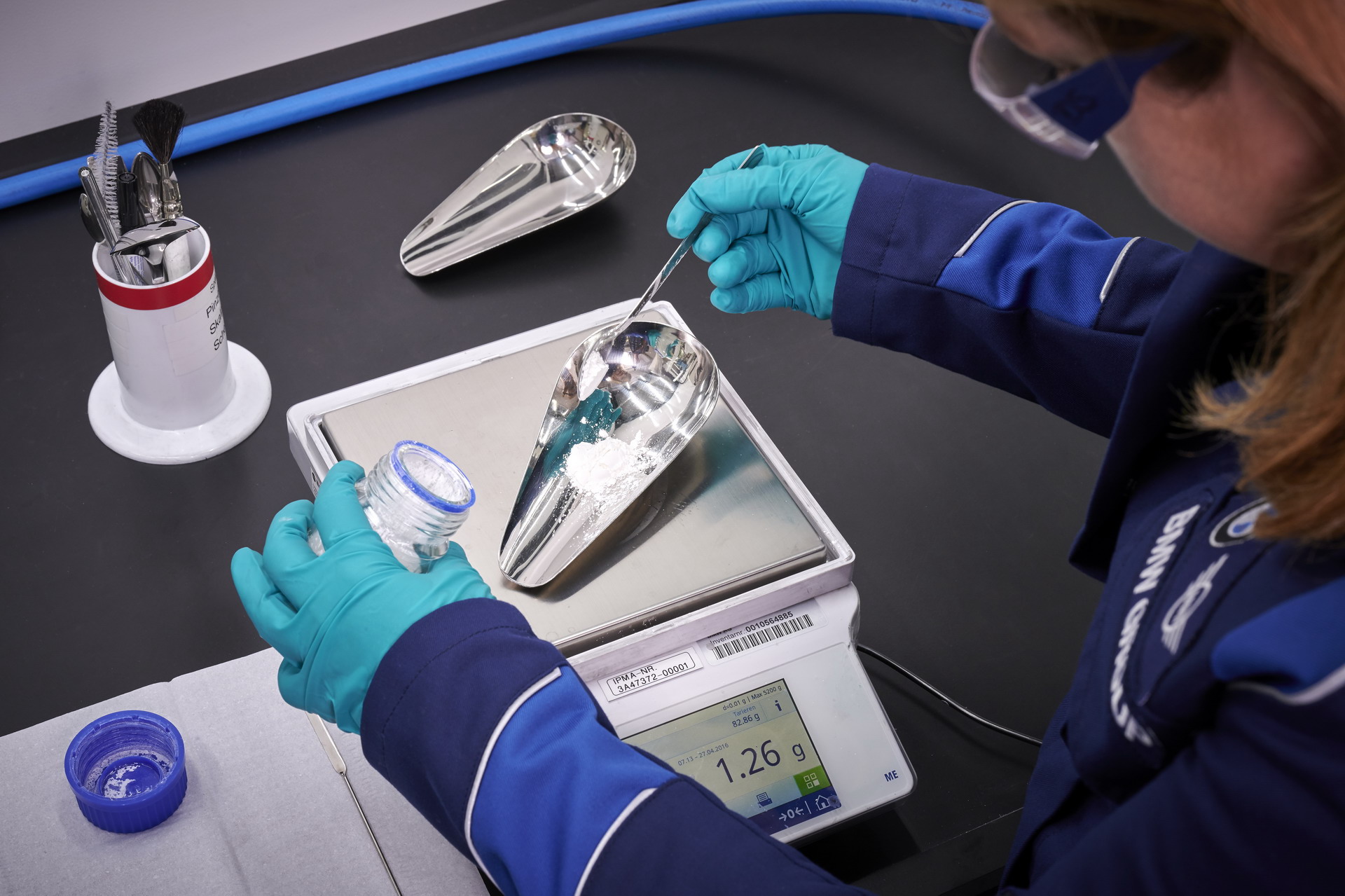Earlier this year, recognizing the increasing amount of lithium that’s going to be needed for EV production, BMW announced it will only source the raw material from sustainable sources. This week, the German car maker announced it will be purchasing lithium worth over €540 million from their current supplier, Ganfeng Lithium Co. Ltd. The decision was made to continue the collaboration with Ganfeng as they extracts lithium by mining so-called hard-rock deposits in Australia under the strictest sustainability standards.
For the BMW Group’s purchasing experts, ethically responsible raw material extraction and processing begins right at the start of the value chain: They are intensively involved throughout the battery cell supply chains – all the way down to the mines themselves. Compliance with environmental standards and respect for human rights have absolute priority.
“Sustainability is an important aspect of our corporate strategy and plays a central role in expanding electromobility. We are fully aware of our responsibilities: Lithium and other raw materials must be extracted and processed under ethically responsible conditions,” underlined Dr. Andreas Wendt, member of the Board of Management of BMW AG responsible for Purchasing and Supplier Network.
“Alongside cobalt, lithium is one of the key raw materials for electromobility. With the signing of this contract, we are securing our lithium needs for battery cells,” continued Wendt.
“We aim to have 25 electrified models in our line-up by 2023 – and more than half will be fully electric. Our need for raw materials will continue to grow accordingly. By 2025, for lithium alone, we expect to need about seven times the amount we do today.”
The order will be worth some €540 million and will cover a contract spread out over 5 years, from 2020 to 2024. This is just another move from BMW made recently to prepare for the upcoming, expected boom in demand for electric and electrified vehicles. The Germans have also ordered batteries worth over 10 billion euros from two partners and built an entire research center focused on developing better batteries.






































































